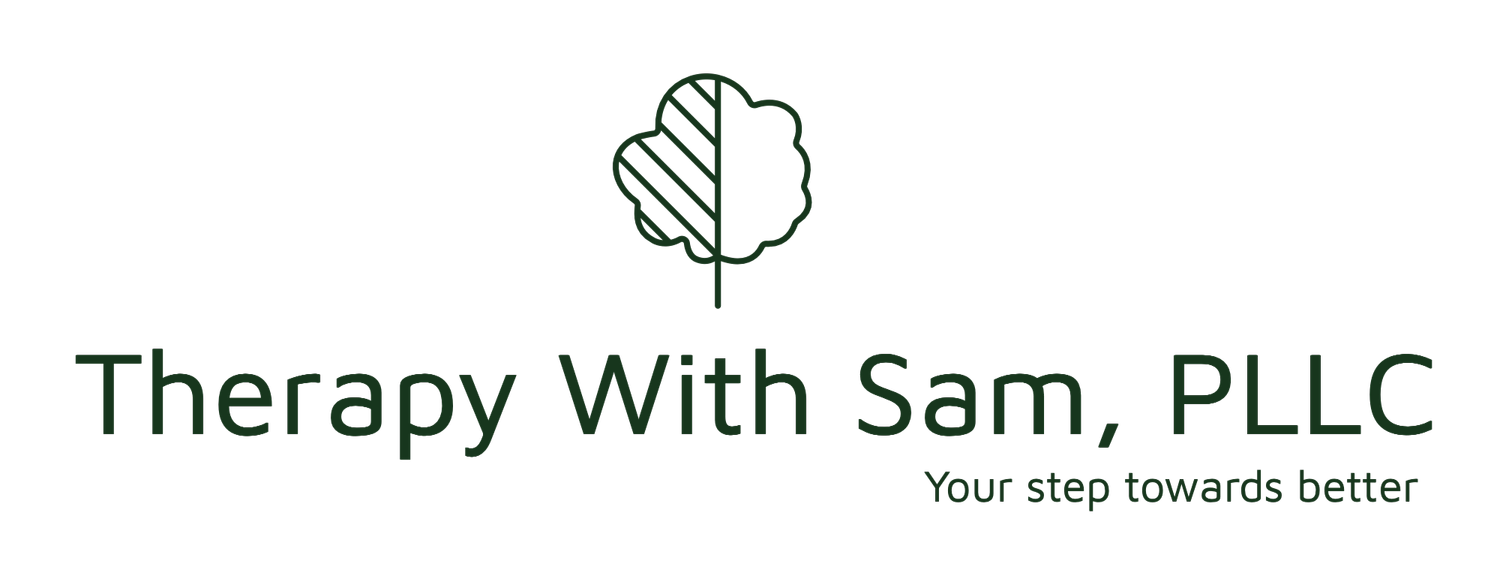ADHD and how to manage it
Attention-deficit/hyperactivity disorder (ADHD) is a neurodevelopmental disorder that affects individuals of all ages. For the longest time, the only research available had been on behaviors in childhood that met the criteria for ADHD. It is characterized by symptoms such as inattention, hyperactivity, and impulsivity. Managing ADHD involves a multi-faceted approach and with more research into adult ADHD, healthcare landscape is changing. My trainer Stephanie Sarkis, PhD shared how it feels to have ADHD:
“Here is one of my favorite analogies of having ADHD. Having ADHD is like trying to climb to the top of a mountain with a backpack full of rocks. You are ready to make the climb, but a little anxious because you’ve been told that you just aren’t cut out for mountain climbing, that maybe you shouldn’t even bother. But you know you can do it. And then you realize there are people that are just zipping up to the top of that mountain ahead of you. You tell yourself, “But I did all my prep work! I am smart! So why can’t I move as fast as everyone else?” Then you find ways to get some of those rocks out of your backpack. Medication takes out some of the rocks, learning coping mechanisms takes out some of the rocks. You still have some rocks left in the backpack, but you find you can scale that mountain much easier now. You aren’t giving up, you aren’t having to stop for hours to convince yourself into getting moving again. And then you make it to the top of the mountain.” Source
So anyone who offers to “fix” your ADHD is lying. ADHD can’t be fixed, but it can managed. Think of how everyone needs an alarm to wake up in the morning, similarly, establishing a structured routine can help individuals with ADHD stay organized and focused:
-Breaking tasks into smaller, manageable steps can prevent overwhelm and boredom that can accompany monotonous tasks.
-Adopting organizational strategies like creating to-do lists and using calendars can aid in planning and time management. Don’t be afraid to write things down.
-Regular exercise has been shown to improve attention and reduce hyperactivity, making it an important part of managing ADHD.
-Mindfulness exercises can help with strengthening Default Mode Network (DMN) which is the resting state of brain and can contribute to more focused attention. Source and Source
-Seeking support from therapists, coaches, and support groups can be beneficial in implementing effective strategies and developing coping mechanisms.
-Lastly, medication prescribed by a healthcare professional may be considered as part of a comprehensive treatment plan. With proper management and support, individuals with ADHD can thrive and successfully navigate their daily lives.
